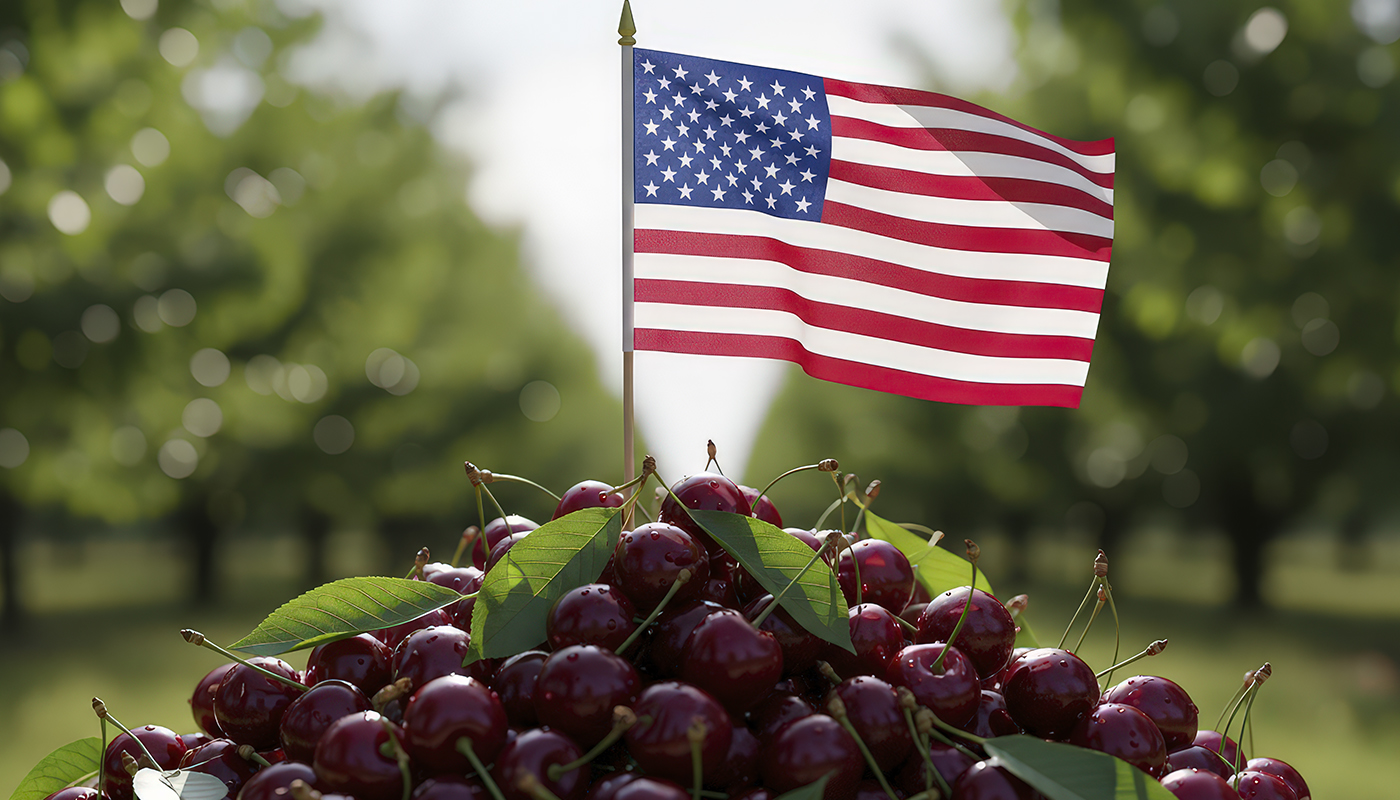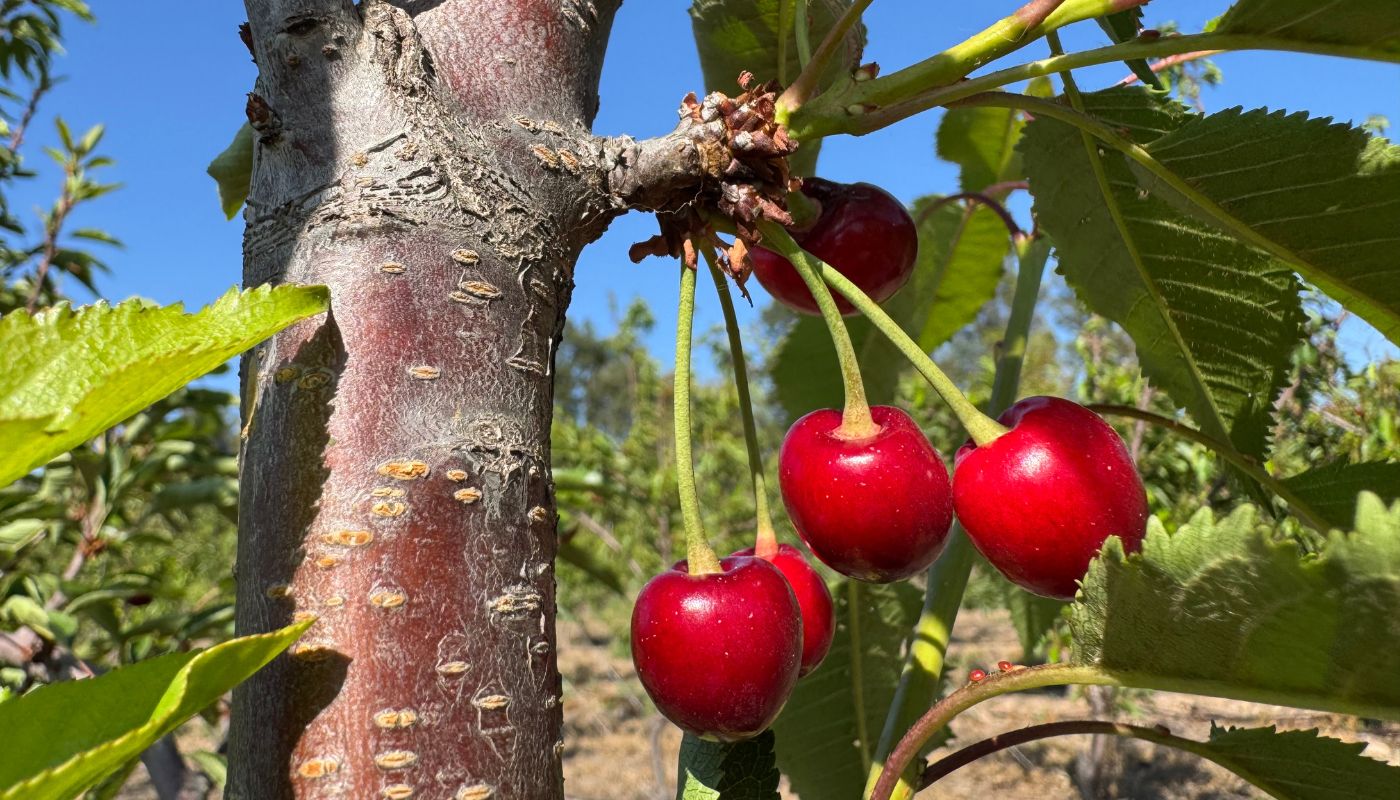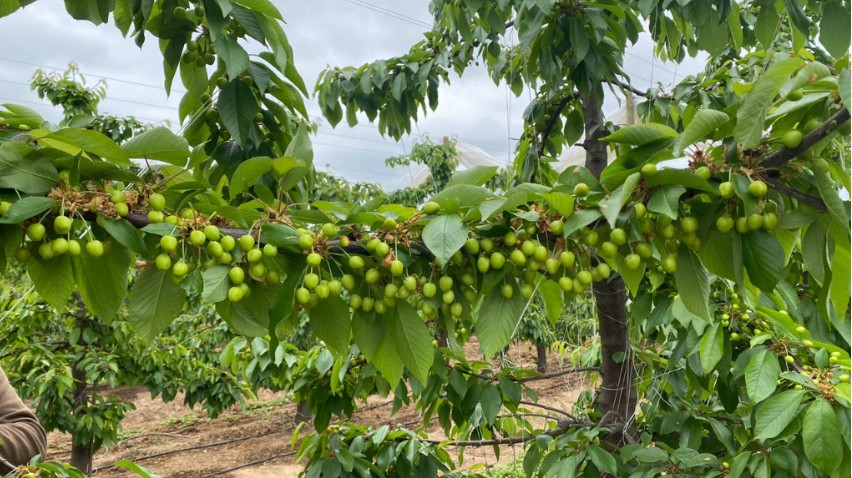As he stated on CNN’s “State of the Union with Dana Bash,” “President Trump will send letters to some of our trading partners stating that if they do not move forward, they will return to the April 2 tariff level on August 1. So, I think we’ll see a lot of agreements very quickly”.
On April 2, Donald Trump unleashed a global trade war that affected financial markets and forced a series of negotiations by imposing a 10% tariff on all imports—including Chile—in addition to higher rates for certain countries of up to 50%. In the case of China, after a sharp escalation, it reached 145%, before being later reversed.
The market turmoil led the US President to suspend tariffs for 90 days, except for the base tariff of 10%. The extension expires this Wednesday, July 9.
In the CNN interview, Bessent denied that August 1 was a new deadline for negotiations: “We’re saying this is the time. If they want to speed things up, go ahead. If they want to go back to the previous exchange rate, that’s their decision”.
According to Bessent, about 100 letters will be sent to small countries “with whom we don’t have much trade”, many of which “are already at the base tariff of 10%.
Amid the negotiations, the President reached tariff agreements with the United Kingdom, which maintained a 10% tariff rate; with China, where he reduced tariffs to 30%; and a 20% tax on goods from Vietnam.
In response to the three agreements described as “frameworks,” Bessent stated that the next letters “will establish their tariff rates. So we’ll have 100 ready in the next few days”.
“Many of these countries haven’t even contacted us”, he stated, adding that “we have the advantage in this situation”, as the country faces a trade deficit. Along with that, Bessent noted that there could be several major announcements this week.
As reported by Reuters, Kevin Hassett, who heads the White House National Economic Council, offered some leeway to countries engaged in serious negotiations in an interview on CBS’s “Face the Nation.”
“There are deadlines, and there are things that are close, so maybe things will be delayed beyond the deadline”, Hassett said, adding that Trump would decide whether that would happen.
Stephen Miran, chairman of the White House Council of Economic Advisers, told ABC News’ “This Week” that countries needed to make concessions to obtain lower tariffs. “I’ve heard good things about the talks with Europe. I’ve heard good things about the talks with India”, Miran said. “So, I anticipate that several countries that are in the process of making those concessions… could see their expiration date delayed”, he added.
Source: Fruits from Chile









